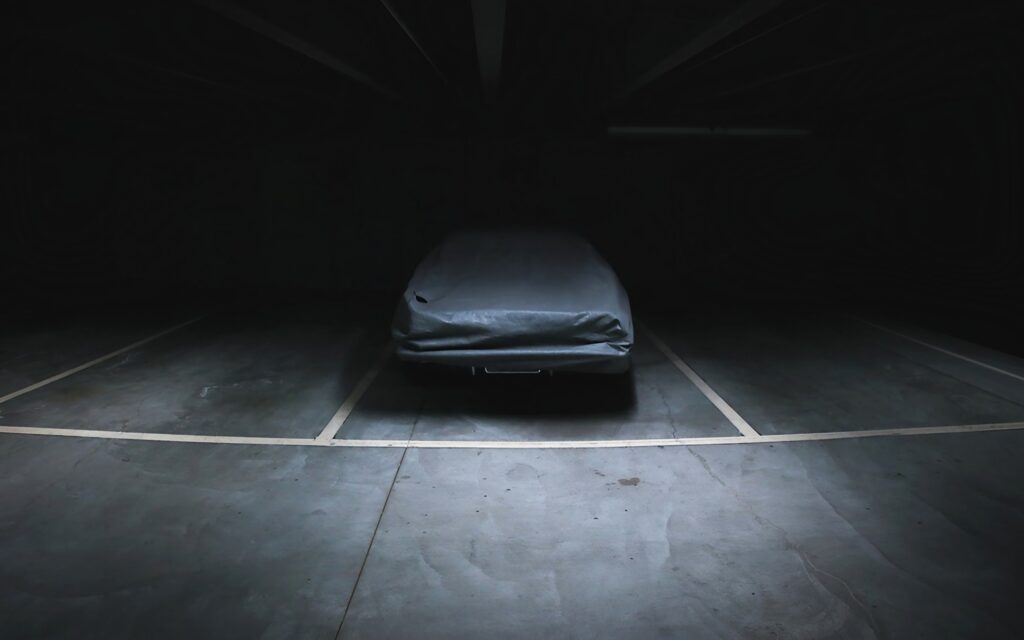Keeping your garage floor clean not only enhances the appearance of your garage but also prevents the accumulation of dirt and grime that can be tracked into your home. Understanding the right methods and cleaners to use can significantly extend the life of your floor and improve the overall environment of your garage.
Understanding Your Garage Floor
Identifying the type of garage floor you have is critical before you start cleaning. Common types include concrete, epoxy, and paint-covered floors. Each type requires slightly different care and cleaning products.
Choosing the Right Cleaner
Chemical Cleaners
Chemical cleaners are effective for removing oil stains, grease, and other tough marks. Products vary from heavy-duty degreasers to specific stain removers. When using chemical cleaners, it’s important to follow the manufacturer’s instructions and take appropriate safety measures.
Natural Cleaners
If you prefer environmentally friendly options, natural cleaners such as vinegar, lemon juice, baking soda, and dish soap can be effective. These options are safer for households with pets and children and can be surprisingly effective at removing dirt and stains.
Preparing to Clean Your Garage Floor

The right tools make a difference. For most garage floors, a stiff broom, a good degreaser, and a pressure washer or hose are essentials. Remember to prioritize safety by wearing gloves and ensuring your space is well-ventilated, especially if you’re using chemical cleaners.
Safety Precautions
Always wear gloves and, if using chemical cleaners, consider a face mask to avoid inhaling fumes. Ensure your garage is well-ventilated during the cleaning process.
Necessary Equipment
You’ll need a broom or vacuum, a mop or scrubbing brush, buckets, and potentially a pressure washer, depending on the cleaning method you choose.
Step-by-Step Cleaning Process
Sweeping and Vacuuming
Start by sweeping or vacuuming to remove any loose debris and dust from your floor.
Stain Removal Techniques
Apply your chosen cleaner to any stains. For oil stains, kitty litter or a commercial degreaser can be used. Allow the cleaner to sit as per instructions, then scrub with a brush.
Dealing with Cracks and Other Damages
Cracks in your garage floor can not only spoil the look but also pose tripping hazards and invite moisture damage. For minor cracks, a concrete filler can be an effective solution. More significant damage might require professional advice.
Applying Floor Cleaner
Use a mop or scrub brush to apply your floor cleaner over the entire surface. For thorough cleaning, consider using a pressure washer or a floor buffing machine.
Rinsing and Drying
Thoroughly rinse the floor with clean water, ensuring all soap and cleaner residues are removed. Allow the floor to dry completely to prevent slips and other hazards.
Maintenance Tips
A clean garage floor is easier to maintain with regular care. Sweeping the floor weekly to remove dirt and debris and addressing spills immediately can drastically reduce the need for heavy-duty cleaning. Setting a routine for more thorough cleaning can also prevent the buildup of oil and chemicals that can lead to stains and damage.
DIY Cleaner Recipes
Create your own cleaners with simple ingredients. For example, a paste made from baking soda and water can be effective for stain removal.
Enhancing Your Garage
A clean floor can significantly boost your garage’s functionality. Consider adding creative storage solutions, like overhead bins or wall-mounted hooks, to keep tools and equipment off the ground. DIY projects, such as installing new shelving units or painting the walls, can also transform your garage into a more pleasant and organized space.
Related Posts:
Conclusion
Regular cleaning of your garage floor prevents build-up of harmful substances and prolongs the life of the floor. It’s a task well worth the effort for any homeowner. If your garage floor is in need of a deep clean, consider seeking the services of a professional like Northwest Carpet & Upholstery Cleaners.
We hope you found this guide helpful in tackling your garage floor cleaning project! If you have any success stories, tips, or questions, we’d love for you to share them in the comments below. Don’t forget to sign up for more home improvement tips, and share this post with anyone who could use some garage floor TLC. Happy cleaning!
FAQ
What is the best cleaner for oil stains on concrete floors?
A commercial degreaser or a paste of baking soda and water works well for concrete.
Can vinegar be used to clean epoxy garage floors?
Yes, diluted vinegar can clean epoxy floors without damaging them, but it should be rinsed thoroughly.
How often should I clean my garage floor?
Regular cleaning should occur at least once every three months, or more frequently if the garage is heavily used.
What precautions should I take when using chemical cleaners?
Wear gloves and a mask, ensure good ventilation, and follow the product’s instructions carefully.
Can I make a homemade cleaner for painted garage floors?
Yes, a gentle cleaner made from dish soap and water can clean painted floors without stripping the paint.

